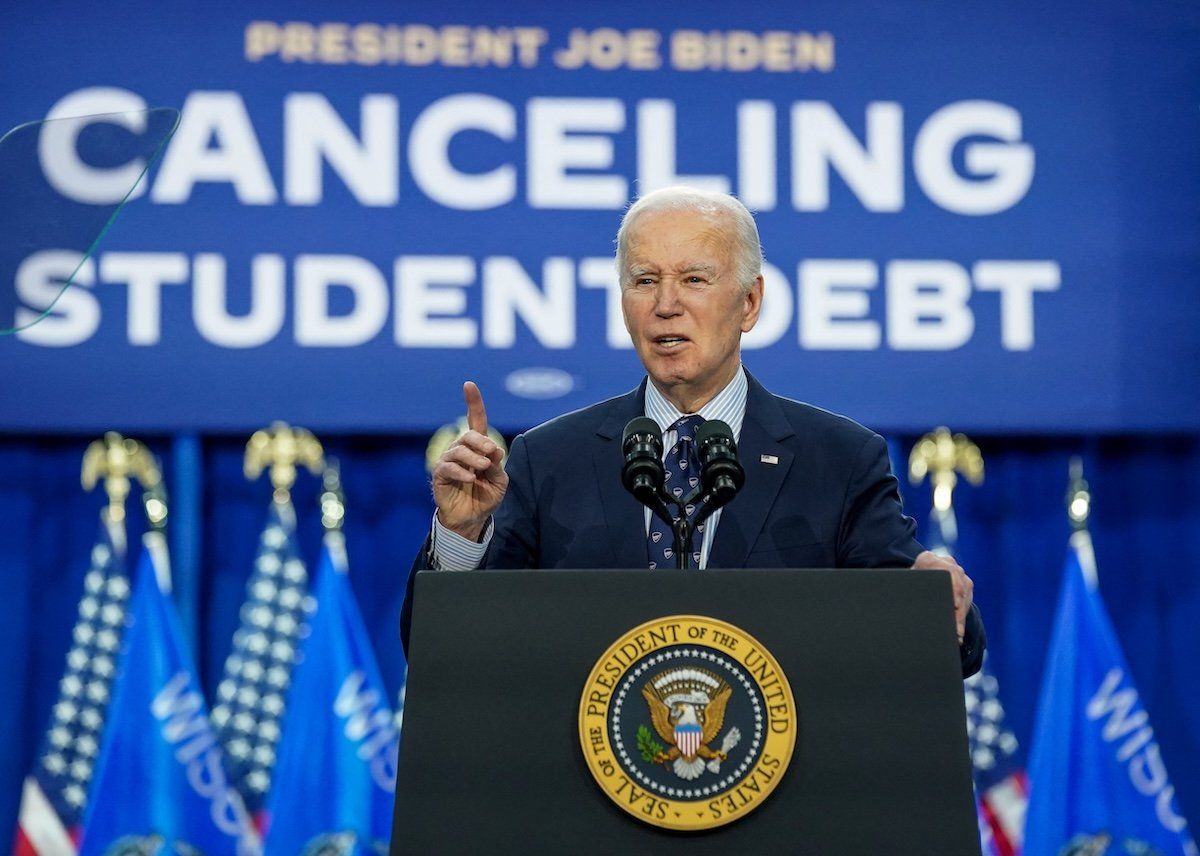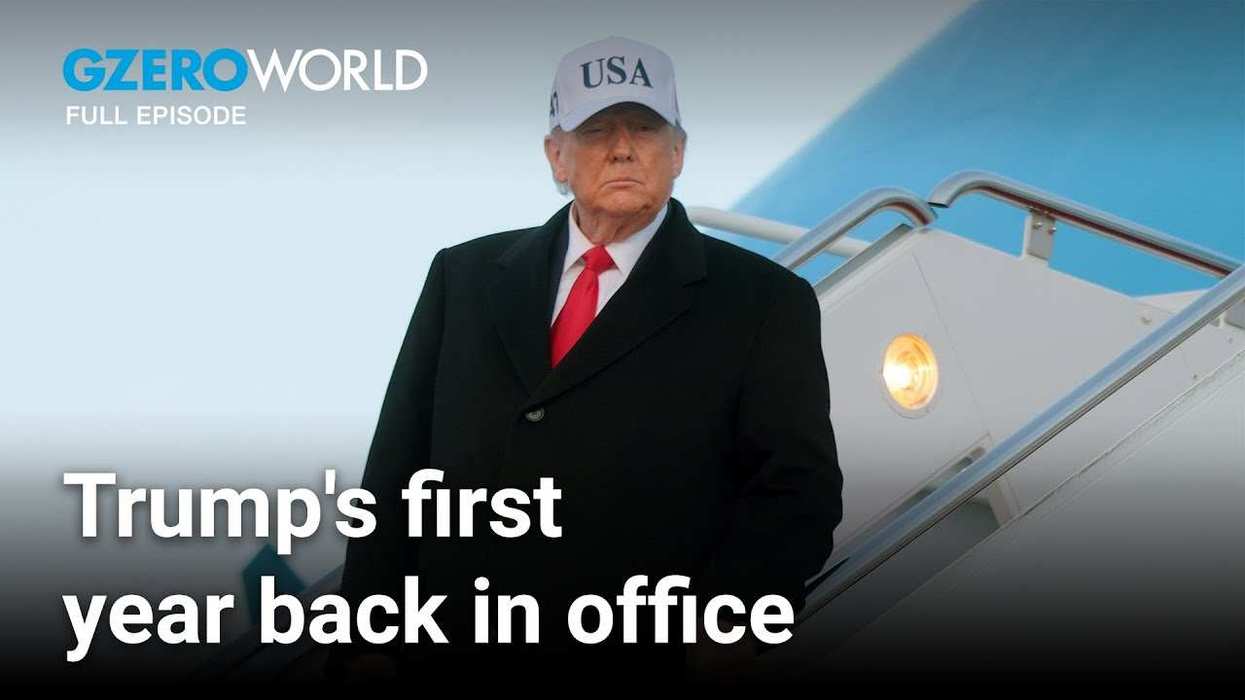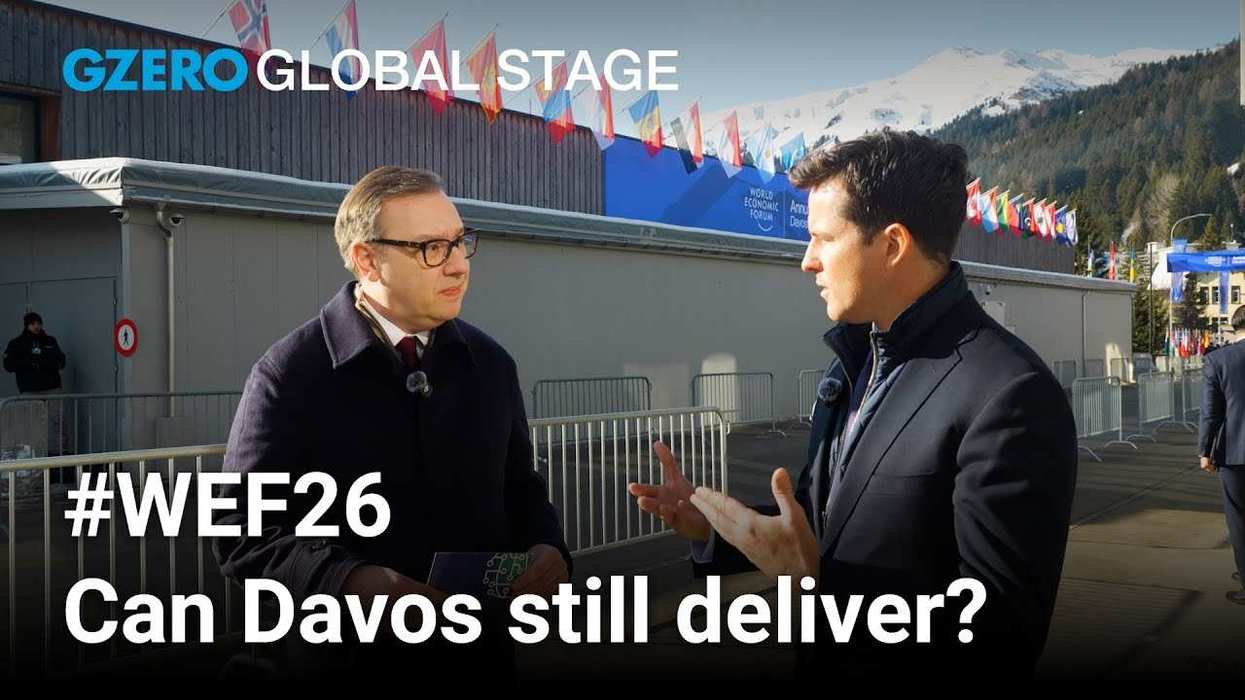With President Joe Biden and Prime Minister Justin Trudeau facing upcoming elections, the battle is on to capture young voters. Biden will face former President Donald Trump next November, and the next Canadian election is due by the fall of 2025, but both contests are already underway. Younger folks in both countries are turning increasingly sour on the status quo as they face affordability challenges and feel left behind.
Trudeau has expressly said his government was focusing on Gen Z and millennials, “restoring fairness for them.” And on Tuesday, his government unveiled its “Gen Z budget,” going all in on measures for parents with younger children (new cash for childcare and a school food program), students (interest-free student loans), and housing policy aimed at opening space in the market for younger buyers who’ve been shut out in recent years (with a first-time buyer, 30-year mortgage amortization period and tax breaks for home purchases).
In the US, young voters are focused on affordability, abortion rights, the environment, and student debt, and Democrats will need those folks to turn out on Election Day if they hope to retain the White House and make gains in Congress. Those 43 and under are frustrated with the housing market. Democrats are working to get on abortion rights on the ballot in key states, and the Biden administration is touting the impact of its Inflation Reduction Act on the environment. The president also hopes efforts to eliminate student debt will help alleviate some cost-of-living concerns for young voters.
But Biden is also facing a backlash from Gen Z voters over Gaza and US funding for Israel. The president had hoped tougher talk on Israel would boost his reelection bid, but that’s been complicated by Iran’s attack – although the administration has told Israeli Prime Minister Benjamin Netanyahu that it won’t support reprisals against Iran.
Both Biden and Trudeau need younger voters to turn out to vote for them. In 2016, Biden dominated the Millennial and Gen Z vote by about 20 points over Trump. And while Canada’s Liberals managed a minority government in 2021 with a youth vote that was likely a near-split with the Conservatives, younger voters played a crucial role in Trudeau’s 2015 majority government victory.
This means the coming months will see increasing efforts focused on wooing younger generations.


















